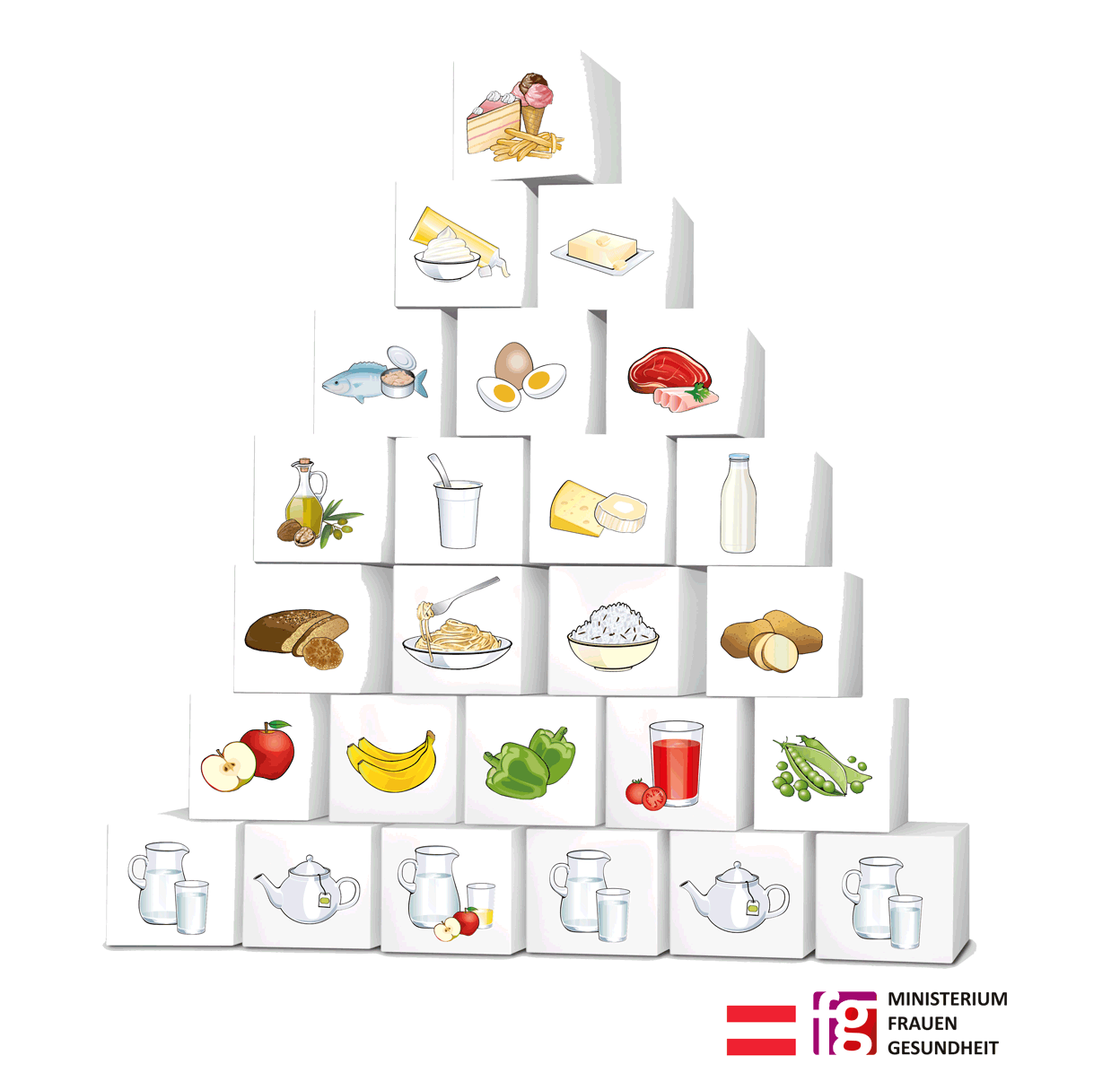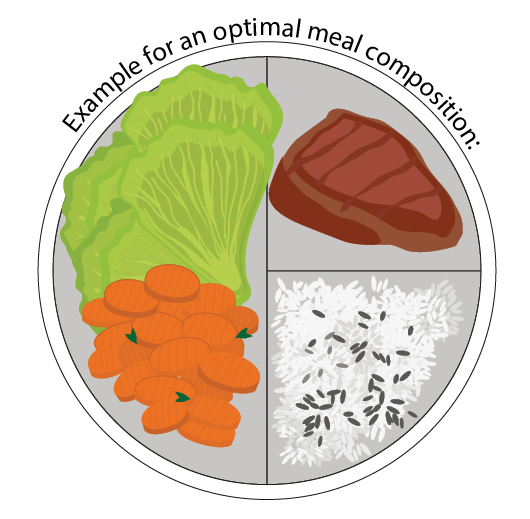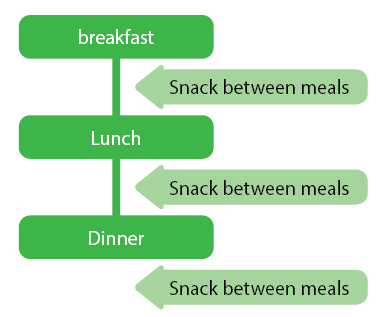Nutrition and diabetes
necessary part in effective diabetes treatment
improve and maintain your health and quality of life
Basically the same nutritional recommendations apply to people with type 1 and type 2 diabetes. A diabetes-appropriate diet is a necessary pillar in effective diabetes treatment. Nutritional therapy can improve and maintain the health and quality of life of those affected in the long term. Since people with type 1 diabetes are almost always slim, but the majority of people with type 2 diabetes are overweight, the latter must pay more attention to a calorie-reduced, low-fat diet combined with increased physical activity.
People with insulin therapy pay attention to carbohydrate units (equivalent to 10 grams of carbohydrates), so that the amount of carbohydrate can be adjusted to the insulin dose. A regular distribution of the carbohydrate portions throughout the day is recommended and also depends on the corresponding insulin therapy.
People with diabetes should take care for varied, balanced mixed food like people without diabetes. It is a goal to combine taste with the correct choice, amount and consistence of food to increase well-being and to optimize blood glucose control.
"Take good care of your body. It's the only place you have to live."
Jim Rohn
The diet for diabetes is not based on a diet and it is by no means monotonous. People with diabetes are recommended to eat a balanced, varied mixed diet. The conscious and enjoyable design of the diet is the be-all and end-all. A gradual change in eating habits helps to achieve long-term success.
The pyramide of nutrition helps to figure out which food in what amounts should be eaten. These are the recommendations regarding optimal distribution of nutrients following the newest European Guideline for Nutrition at diabetes:
High content of carbohydrates (45 – 60% of daily intake of energy)
High content of dietetic fibres (40g per day)
Low content of fat (30% of daily intake of energy – 35% at normal weight)
Normal content of proteins (10 – 20% of daily intake of energy)
Many diabetics avoid eating carbohydrates following former, today obsolete, instructions. Instead of carbohydrates they eat too much fat and proteins to save insulin as these nutrients do not increase blood glucose.
This kind of food leads not only to overweigh, increased blood fats and uric acid but also increases the risk for cardiovascular diseases. Heart attacks or a stroke could be the result. Diabetics should not try to save carbohydrates but should learn to count them and also to take into consideration the effect on blood glucose levels (glycemic index).
The optimal meal composition
The optimal composition of a meal is characterized by a high nutrient density and a low energy density.
The meal contains:
- a portion of protein
- a scoop of side dish
- vegetables and/or salad
The side dish is the carbohydrate portion of the meal. Bread, pastries, cereals and cereal products, potatoes etc. are traditionally used.
1 portion of garnish corresponds to
- 1 - 2 finger-thick slices of bread or 1 - 2 pieces of pastry
- 1 handful of rice cooked, pasta cooked, cereals cooked, potatoes, dumplings,...
Rhythm of meals
Regular meals prevent high blood sugar fluctuations and have a positive influence on the blood sugar curve.
How many meals a day are recommended?
3 main meals or 5-6 smaller meals per day (3 main meals and 2-3 snacks between meals) are recommended. The recommendation for the meal frequency depends on your individual therapy concept. Between meals respect “eating breaks” of 3-5 hours.
The main meals (breakfast, lunch and dinner) present the basic structure of the daily menu. Their composition is based on the optimal composition of meals (see previous page).
As snack between meals or late meal we recommend for example 1 cup of yogurt, 1 piece of fruits, 1 small slice of bread with topping.
Get used to certain regularity in the everyday diet.
You can find this and other articles as guides for download as PDF.
Our range of information includes general recommendations for a healthy diet for diabetes mellitus. For individual nutritional advice and more detailed information, please contact a dietician.
More Information:



